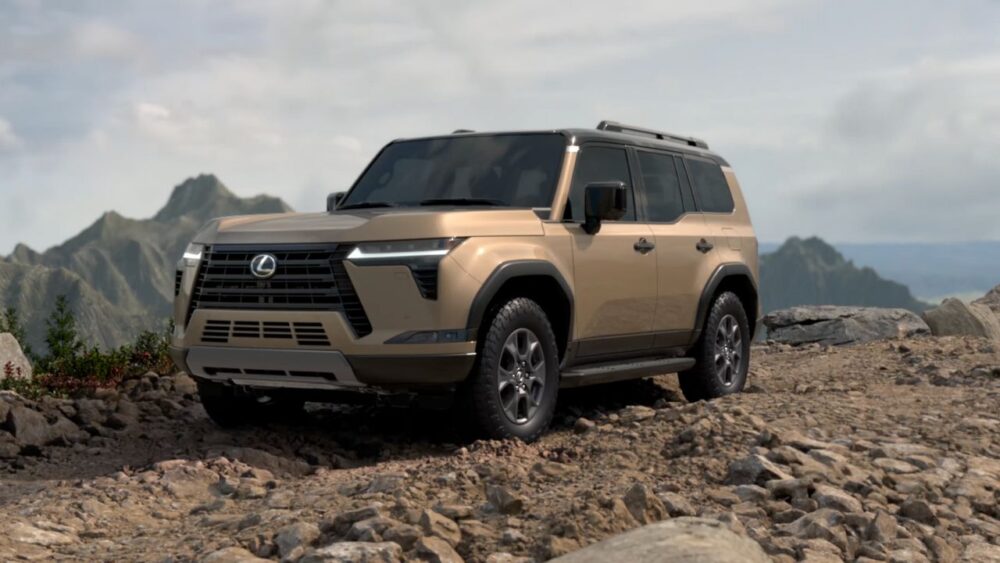Toyota Motor has recalled 1.02 million vehicles in the United States over a software defect that could cause rear-view cameras to fail, increasing the risk of collisions, the company announced Wednesday.
The recall affects several Toyota and Lexus models produced between 2022 and 2026, including the Camry, Highlander, RAV4, and Prius, as well as the Lexus RX, TX, LS, GX, NX, and LX series, according to Reuters. Subaru Solterra vehicles equipped with Toyota’s Panoramic View Monitor system are also included.
Toyota said the issue stems from a software error that can cause the camera image to freeze or go blank when the vehicle shifts into reverse. The malfunction prevents the display from meeting federal rear visibility standards, according to the National Highway Traffic Safety Administration (NHTSA).
Dealers will update the parking assist software to resolve the issue at no cost to owners. Toyota said it would begin notifying affected customers in the coming weeks.
The automaker emphasized its commitment to safety, noting that the recall aims to ensure full compliance with federal vehicle standards. Rear-view cameras have been required in new vehicles since 2018 to help prevent accidents involving pedestrians and objects behind vehicles.
Toyota’s latest recall follows a similar one in October that affected nearly 394,000 vehicles in the U.S. due to a rear-view camera malfunction that reduced driver visibility.
Automakers have faced mounting scrutiny over camera reliability in recent years. Ford recalled 3.3 million vehicles last month for related issues, while Stellantis recalled about 1.2 million vehicles last year to fix defective camera systems.
The recurring problems underscore challenges manufacturers face as vehicles incorporate increasingly complex electronic and safety systems. Federal regulators continue to monitor compliance with rear visibility requirements, which mandate clear and consistent image display when reversing.
Toyota has advised customers to contact dealers or visit its official website to confirm if their vehicle is part of the recall. The company said affected vehicles remain safe to drive but encouraged owners to schedule the free software update promptly.


